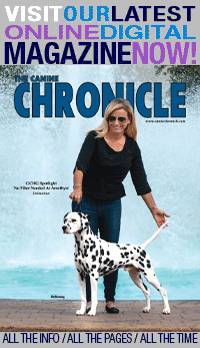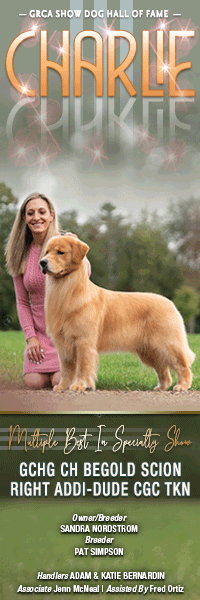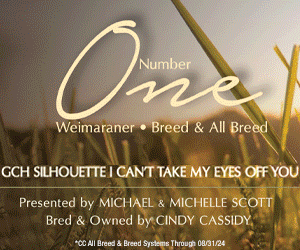Is Blood Really Thicker Than Water?
Click here to read the complete article
by Peri Norman
 In some ways, we live in a great time to be breeding dogs. Genome projects in both humans and dogs have yielded information about genetic disease and inheritability of traits that have improved our ability to make better breeding decisions and produce dogs more precisely tailored to our preferences. While research in some areas is proceeding at light speed, in other areas, we don’t know any more than we did fifty years ago. The question of littermates and mother/daughter pairs in the same home is one of those questions that continues to plague people who love dogs and yet information of any sort (let alone organized, thoughtful studies) are non-existent to the best of my knowledge.
In some ways, we live in a great time to be breeding dogs. Genome projects in both humans and dogs have yielded information about genetic disease and inheritability of traits that have improved our ability to make better breeding decisions and produce dogs more precisely tailored to our preferences. While research in some areas is proceeding at light speed, in other areas, we don’t know any more than we did fifty years ago. The question of littermates and mother/daughter pairs in the same home is one of those questions that continues to plague people who love dogs and yet information of any sort (let alone organized, thoughtful studies) are non-existent to the best of my knowledge.
A newbie in my breed is, at my persistent recommendation, considering breeding her bitch and keeping a puppy. Her questions were thoughtful. With her permission, I am sharing a portion of her email- “What difference, if any, does gender make? I have heard that adopting siblings is not a good idea because the pups bond to each other and focus on each other rather than the human. How does that relate to if you keep a pup when you already have the mom? Re: keeping a girl pup…what do I need to know about having two bitches in the same house? How much and at what age should I intentionally separate siblings/mom, as opposed to letting them always be together?” Excellent questions!
When I was beginning in dogs, I was taught that siblings should not be kept in the same home together. Nor should pups be raised with their mothers. So I went back through some of my books trying to determine where that advice might have come from. My copy of William Campbell’s book entitled Behavior Problems in Dogs was published in 1975. It was purchased at the UC Davis bookstore in 1984, as it served as a textbook/reference for veterinary students of the time. Campbell’s book has the following comments in a subsection of the Aggressive Behavior chapter labeled Sibling-Type Fighting. It reads in part, “Fighting between canine members of a household usually concerns dogs of the same sex, often littermates. Trigger mechanisms are usually the persons in the family, although sometimes food or another dog may also stimulate fighting. One rule is not to obtain littermates of the same sex, particularly those which appear competitive within the litter.”
The New Knowledge of Dog Behavior by Clarence Pfaffenberger was ground-breaking at the time of its original publication in 1963. It remains a classic work on canine behavior written in the simple and understandable format of a knowledgeable dog man telling the stories about dogs that shaped his understanding. It was reprinted by Dogwise in 2002 and remains, in my mind, a great book and an excellent resource. A large part of this book is about Mr. Pfaffenberger’s work with Guide Dogs for the Blind in San Rafael, California. I found the following quote on page 125 of the reprinted copy, “I cannot remember a single dog who was raised with her mother to adulthood who could be successfully trained for a Guide Dog. Where two littermates are raised together in the same home we have had the same results.” Pfaffenberger continues, “Puppies raised in homes where there are dogs not related to them have never been affected this way by the association with other dogs. This is a field which certainly offers worthwhile, serious study. In the case of two littermates raised together, one becomes a successful candidate for Guide Dog work and one fails, even if their aptitude tests were equal.”
Click here to read the complete article
Short URL: http://caninechronicle.com/?p=90619
Comments are closed












